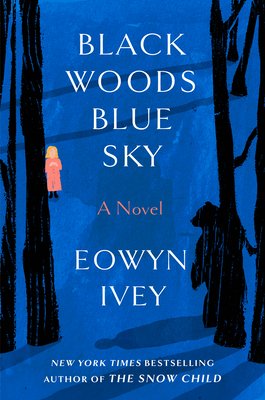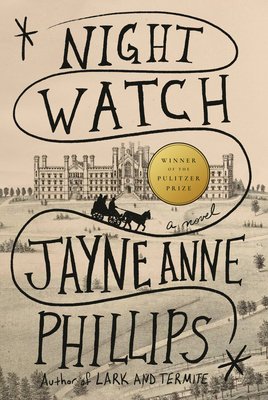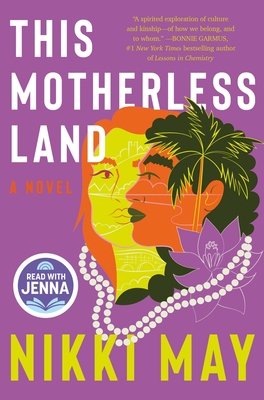The world breaks everyone and afterward many are strong at the broken places.” —Ernest Hemingway A Farewell to Arms
What do Pat Solitano (think Silver Linings Playbook), Papa Hemingway, and Claire Leslie Hall have in common? Anyone wanna venture a guess? I bet there’s more than one possible response. Since it’s my riddle, here’s my answer: all three understood that “The world will break your heart ten ways to Sunday. That’s guaranteed.” My semi-idealistic self can buy into bruised or scathed, but brokenness? I mean, Unbroken remains one of my hands-down favorite stories, as the war only almost swallows Louie’s soul. His belief and resiliency are ultimately bigger than his inconceivable challenges. I like that idea. While I know hearts invariably break, I think the trick is to teach our hearts to bend more often than not.
My latest read, Broken Country, has got me thinking that there’s a way back from collapse. That things can be fixed. When a young Beth Kennedy unsuspectingly falls head over heels in love with the charming, precocious, and privileged Gabriel Wolfe, she dreams of a blissful future together. Their relationship, not their love, ends abruptly after a heated miscommunication. Stubbornness prevails. Frank, who’s as practical as he is kind, helps Beth right her heart. They marry. Her life on Blakely farm in the English countryside proves serene. (The book’s setting is a lovely character in and of itself that makes me crave stillness, peace, and England even more.) Their quiet life turns on a dime when a stray dog attacks some of their sheep. The dog’s owner? Gabriel’s son, Leo. You’ll have to read on to see how this layered, complicated story unfolds. Inevitably, you’ll consider how one singular decision has the power to change the entire trajectory of a life. I love that Hall doesn’t cave in and offer a comfortable ending. Instead, she allows us to sit with her characters’ choices. To feel the weight of their consequences. She reminds us that we can become strong in broken places. Beautifully and poignantly, Broken Country underscores this truth: blessed are the hearts that bend.
P.S. I completely agree with the reviewer who said, “[this] novel does not grip you by the throat—it settles into your bones. If you are looking for a story that unfolds with patience, depth, and emotional complexity, Broken Country is one worth reading.”
One final note: Frank’s integrity gripped me. Similar to Atticus Finch, his goodness has stayed with me—it’s settling in my bones.








